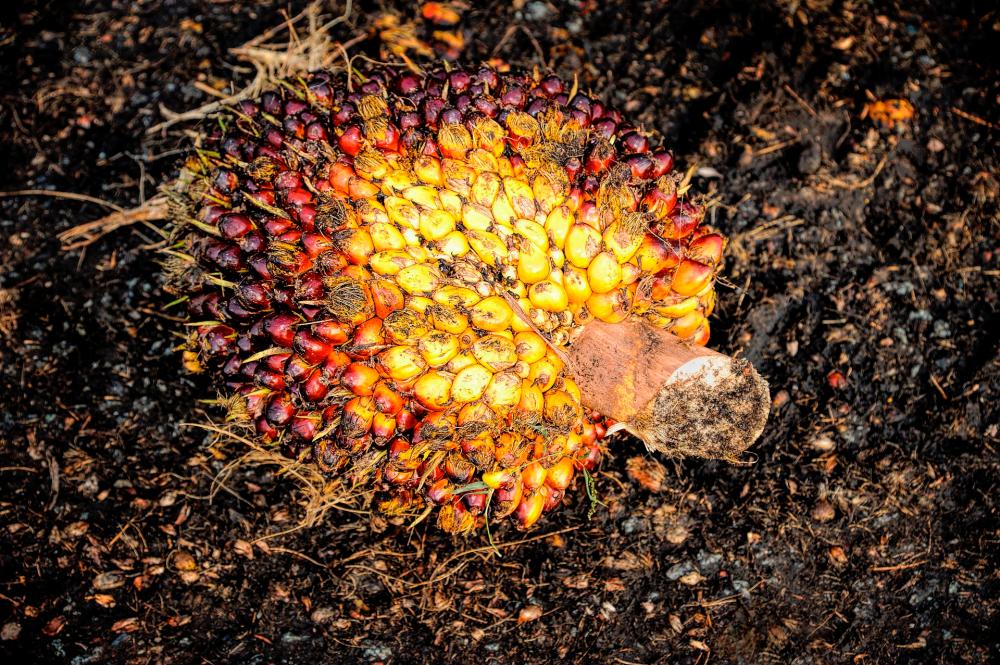PETALING JAYA: Sime Darby Plantation Bhd (SDP) aims to achieve a sustainable supply chain with the publication of a new policy statement, “Working with Suppliers to Draw the Line on Deforestation”.
The policy builds on the group’s existing practice and maps a step forward for the group to meet the “No Deforestation, No Peat, No Exploitation” (NDPE) standards and for its suppliers to adhere to the same standards.
“The rapid rate of deforestation is an urgent challenge for the world that demands a meaningful response. As the leading producer of sustainable palm oil, SDP shares this concern. This policy was crafted to ensure that our suppliers provide us and others with deforestation-free palm oil, and at the same time improve their NDPE operational standards too,” said its group managing director, Mohamad Helmy Othman Basha.
Based on the policy, if a supplier is found to be in violation of SDP’s NDPE standards, the supplier would have to immediately cease work on the land (when non-compliance is confirmed).
The supplier must also develop two types of plan namely, a time-bound plan for the restoration of cleared land and a time-bound plan to upgrade their operational practice. Suppliers who are unwilling to meet those conditions will be suspended.
The development and execution of landscape restoration plans as well as operational improvement plans will be externally verified and monitored on an ongoing basis.
Helmy said the ultimate goal is to expand the sphere of oil palm companies operating to NDPE standards. Therefore, if a non-compliant supplier commits to meet SDP’s conditions, the company will re-engage with them and support their progress.
He added that SDP does not believe in suspension without a path for the supplier to be reinstated.
“Constructive re-engagement to introduce new and improved practices is critical to systematically resolving non-compliance to NDPE. Simply suspending suppliers can have the unintended consequence of driving poor practice elsewhere into the system, making it less visible and harder to act on.
“This is not the intention of our policy. Our priority is to find solutions to the issues and we believe this must be done via engagement with the suppliers and giving them the opportunity to redress the problem,” he said.
Helmy said SDP is committed to working with suppliers in the development of their plans, and with NGO partners to build capacity for operational improvements to raise suppliers’ NDPE compliance.
The policy comes after the launch of Crosscheck, SDP’s new open-access online tool that allows traceability of its palm oil supply chain down to the mill level.
Crosscheck enables users to view a map showing all the mills that supply each of SDP’s refineries and information on who owns these mills.















